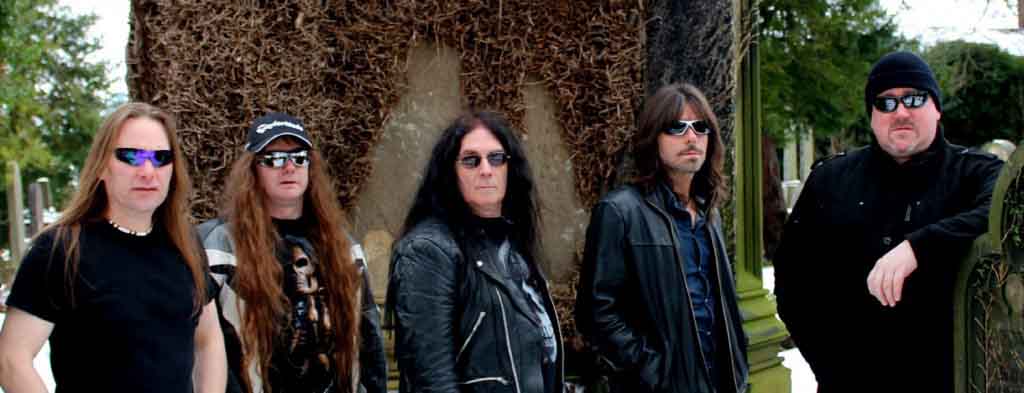
Satan‘s Life Sentence is going to hit a lot of best of lists for this year because it is the root of the most lastingly popular metal genre ever created.
In the early 1980s, speed metal bands like Metallica popularized the style, but acknowledged their debt to NWOBHM including Motorhead, Diamond Head and Blitzkrieg. These bands were from the far side of NWOBHM as it incorporated more punk influences and as a way of differentiating itself from the earlier versions, got harder, heavier, riffier and generally more aggressive.
Back in those times, Satan’s Court in the Act was considered one of the fore-runners of speed metal. With the advantage of 30 years of wisdom, Satan re-assembled — now with experience spent in bands like Blitzkrieg and Skyclad — and restored its vision of the past with an album that is harder, faster and heavier than their earlier works.
Life Sentence however also includes the best aspects of NWOBHM, which includes the melodic vocals and melodic guitar-based songwriting, with technical chops that aren’t overstated, and a good sense of developing theme. It makes many of the post-Metallica imitators of speed metal seem like two-note template-based song construction, and shows metal a way to renovate its own flagging fortunes: improve songwriting.
It won’t be hard to convince people to enjoy this album. As we pointed out in our review, it’s a winner with metalheads who like musicality with their speed thrills. We were fortunate to be able to talk with guitarist Steve Ramsey.
Back in the 1980s, when asked about the origins of speed metal (Metallica, Exodus, Anthrax, Testament, Megadeth) many people pointed me toward Court in the Act, and others mentioned the “Into the Fire” demo you released in 1982. What do you think your contributions were toward inventing this new style? Do you think it was widely recognised?
I think on the underground it was recognised that the album had some significance. Unfortunately it didn’t seem so to us at the time, hence the name and direction change. We knew we were pushing boundaries in our own way.
What floors me about Life Sentence is how you mix melodic guitar playing with aggressive and fast riffing. Do you get a lot of comparisons to Judas Priest’s Painkiller? How do you think this album is different from your past works?
We were heavily influenced by early Priest, especially the Unleashed in the East live album and the older material on that album. No one has mentioned this until now. Their earlier material in he seventies was very progressive, unlike some of the stuff that made them popular in the eighties. We tried to create what we think would have been our second album had the lineup stayed in tact. We had a few rules we made and stuck to. For instance, we didn’t think we would have written much in odd time signatures.
The term “power metal” popped up a lot in the late 1990s to refer to bands that were melodic in composition but used the more aggressive riff styles of speed metal and death metal, like Helstar and Stratovarius. However, Satan was doing all of this back in 1982. Do you think the community caught up to you, and do you think that your first album would be received differently today?
If the reaction to the new album is anything to go by then yes, I think the album would have fared better now. Aggressive melodic speed metal is a term that could be used to describe a lot of what we are in to writing and performing as a band.
Life Sentence is a remarkably complete album in that every song seems to fit and there’s not a dull moment. What’s your songwriting and quality control process? How do you start writing a song — with an idea, an image, a riff, a melody, or what? — and how do you determine what goes on the album?
It’s strange really, we didn’t have any left overs. Everything we put together is on the album. Russ is the main writer of the music along with myself, but a lot of the stuff is a collaboration between us and the other members adding their bits and pieces to the general picture and overall performance. It’s a true team effort.
Members have gone on to other bands, including Skyclad which claimed your guitarist and bassist for some time. How is Skyclad different from Satan? It is famous for mixing folk music in with metal. Is this a natural progression from what you did with Satan?
Not at all. That was a concept perceived by our ex-singer Martin and myself. We started off playing a more thrashy form of music and gradually added more of the folk element as we went on. Sabbat were a thrash band that Martin was in previous to Skyclad. His vocal style determined what we were able to do too.
How do you see yourself as different from death metal? In the Metal Forces interview, you say Satan changed the name in part to avoid being seen as being like Venom and Slayer. Musically and artistically, how do you see yourselves as different from these bands? In an interview with Snakepit magazine, you mentioned that Satan chose its path before black metal and death metal. What do you think of these movements which have built on what you’ve created?
When we formed the band Russ and I were 15 and still at school together. We thought Satan was a true heavy metal name for a band and of course we’d come up with a fantastic logo. We were into Black Sabbath but they weren’t branded by their name with everyone thinking they were into the occult or whatever. This happened later to the music scene. In the eighties we had some towns trying to ban us from playing and Christians demonstrating outside shows because of the name. We tired of this and having to explain that we weren’t preachers of evil etc.
I think nowadays it’s taken a little more tongue-in-cheek what a band decides to call itself. I like aggressive music and we write songs about the evil things that happen in the world but we have nothing to do with devil worship and all of that stuff and dont want to be associated with it. The forms black and death metal weren’t the issue, it was the message that some of these bands were tring to deliver. Slayer are one of my favourite bands.
In the German TV interview posted on your website, you mention how metal audiences are too trend-orientated. How do you think this has helped you or hurt you over the years? You mention in the context of Skyclad, that not being popular isn’t a judgment on musical quality. Can you tell us more about this?
This is especially what happens in the UK. The popular press lead the fans into liking the music made by the major labels, and of course those labels are the ones that fund the magazines through advertising. We’ve had situations in the past with press in Germany too where you’ll get an album review but no feature because your label aren’t paying for a big full colour advertisement in that mag. This makes it more difficult to be heard if you’re trying to create someting new on a small independent label. It’s really not the audience’s fault, they get into what they get to hear and that goes for mainstream too. This has changed a lot since I made that statement due to the internet and fans being able to find what they like themselves.
In the Snakepit interview, you say that your first gig involved playing covers by Black Sabbath, Motorhead and the Ramones. How much influence did punk have on your music? Where did the Motorhead influence come in? Was it balanced by another influence, that sounds more like traditional NWOBHM and guitar-oriented rock?
We listened to a lot of punk stuff in the seventies and wanted to involve that raw energy in our music. Motorhead were one of the first metal bands to do that for us. Also we played punk stuff because it was easy to play and people would identify with it at school where our first gig was! We were also listening to Deep Purple, Rainbow, Priest and Rush but couldn’t play that yet. We would play a lot of Priest songs from Unleashed in The East, “Kill the King” by Rainbow, “The Trees” by Rush and others later on in our early days.
How is it that people confuse writing about evil, with suggesting that evil is a good idea? Does this reveal something about them? I’m thinking of your comments (Steve and Graeme) in the German TV interview on the Satan page about how people would boycott Satan without knowing anything about the music.
Yes, it is a little naive. Unfortunately there are people out there who make assumptions without listening. There were bands promoting it through their lyrics too though and that didn’t help with us being called Satan.
In an interview with Metal Forces magazine, you said you wanted to get away from darker themes and “all this black death, killing people and devils. We want to get some life into metal. Music isn’t about death, it’s about life.” — is there a way for bands to be about life even with dark themes, or are the two mutually exclusive? Do you think many metal bands are going about this the wrong way?
I think what I was trying to say was that some bands try to deliver a message through their lyrics and sometimes it’s not good. We certainly did that with Skyclad and still do but Satan was never about that. We want people to enjoy listening to the band and the dark lyrical themes suit the music we make but were not trying to deliver any kind of opinion or message with them. There are also a lot of bands that share the same attitude.
You’ve now played a number of festivals, and come out with what I think will be a strong contender for album of the year, and you’ve got a powerful lineup ready to go. Are you going to tour more, or focus on recording more material?
Thanks for that accolade. Everything is very much up in the air and in the lap of the gods! If you’d asked us a couple of years ago are we going to make an album we probably would have laughed. The interest in what we do is leading us. This album went so well that there have been whispers in the camp about maybe doing another. We take the shows we get offered and we have some good ones coming up.
Thank you very much for the great review Brett. It’s great to know there are people out there who really get what were doing and appreciate it and that really came across when we read it.
7 CommentsTags: interview, NWOBHM, Satan, Speed Metal

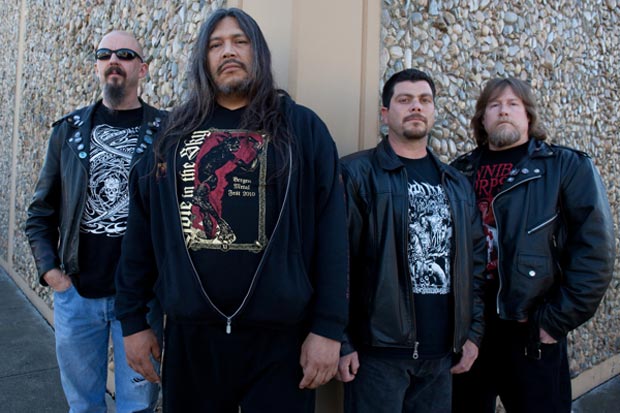
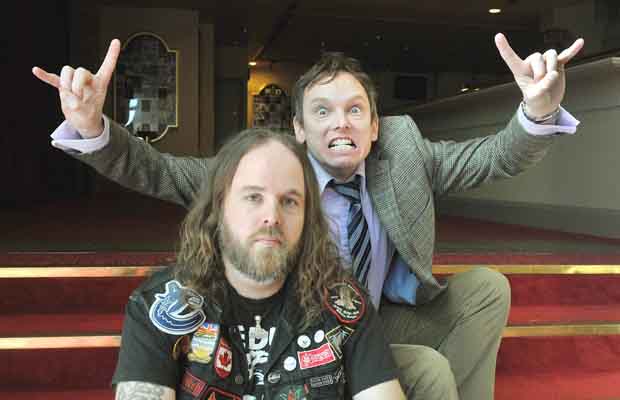
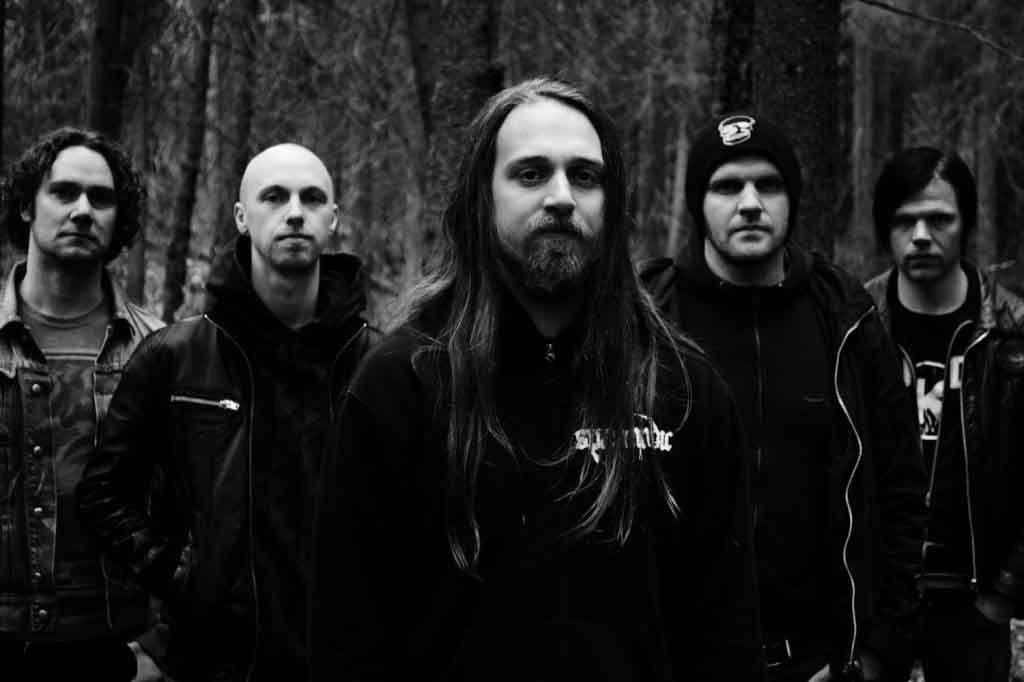

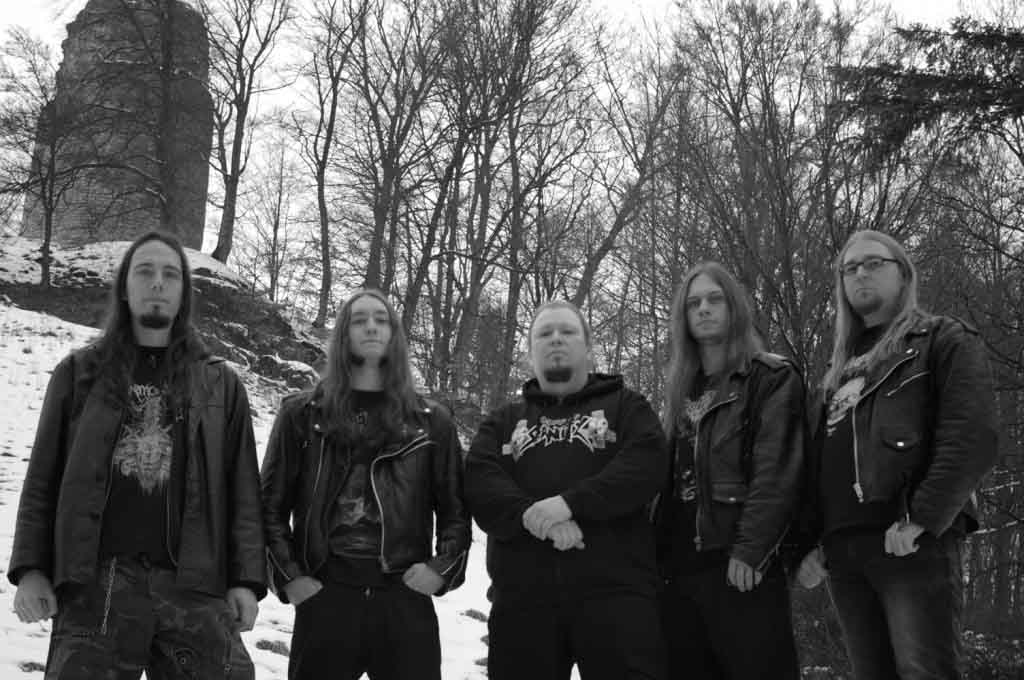
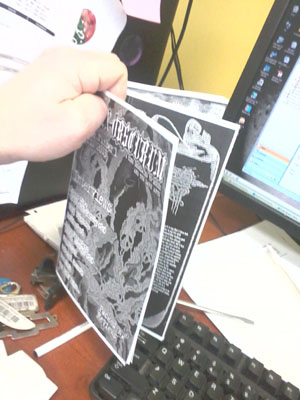
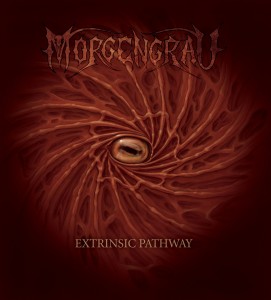 Austin, TX old school death metal band
Austin, TX old school death metal band 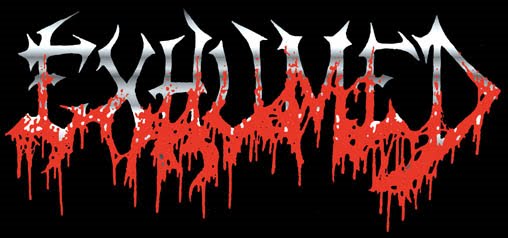
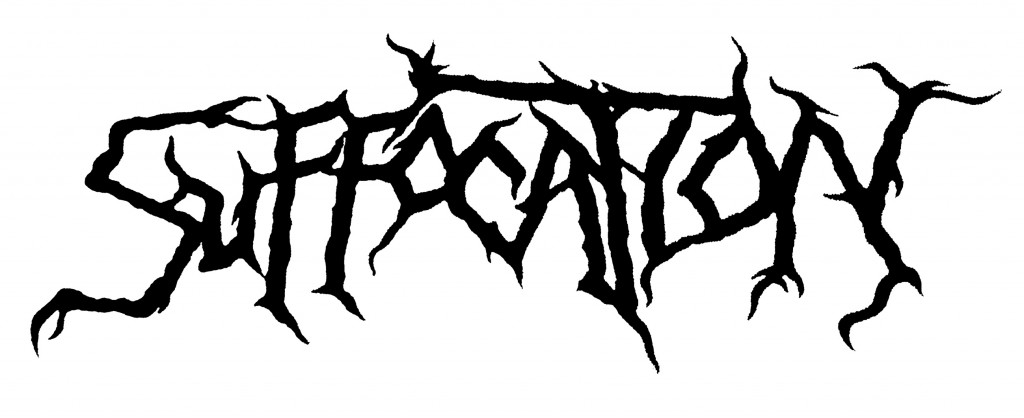
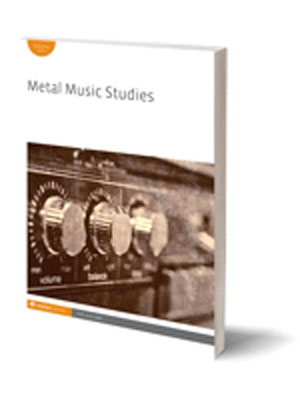 With its first issue due in 2015, the realization of
With its first issue due in 2015, the realization of 
